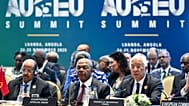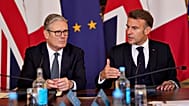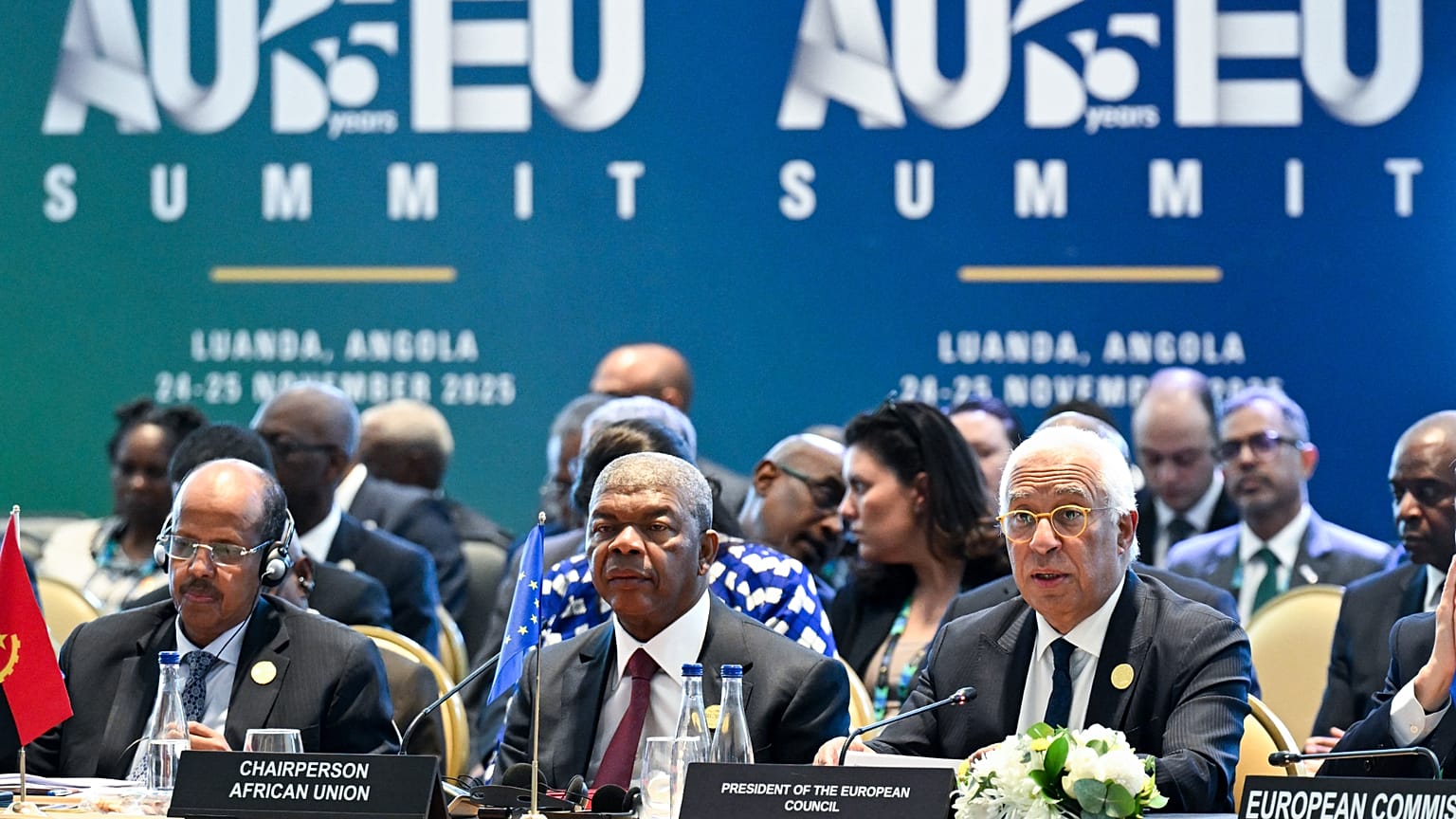Gathered in the Angolan capital of Luanda, leaders of EU and African Union countries also welcomed progress in implementing the Global Gateway Investment Package.
European and African leaders pledged to strengthen their partnership and uphold multilateralism at the 7th EU-Africa Summit, which concluded on Tuesday in the Angolan capital Luanda.
"There is no alternative to the multilateral and rules-based international order because the alternative is simply chaos," European Council President António Costa said.
"And we need to avoid chaos, we need to uphold the international order in Ukraine, in the DRC, in Gaza, in Sudan and elsewhere," Costa added.
For his part, João Goncalves Lourenço, president of Angola and chairperson of the African Union stressed structural reforms were needed to make international institutions more inclusive and representative.
Infrastructure, free trade, green energy and migration
The two partners also welcomed the progress made in implementing the Global Gateway. This €150 billion programme to support African countries is intended to strengthen growth and accelerate climate and digital transitions.
One of the projects the EU is investing in is the Lobito Corridor, a 1,300-kilometre rail and infrastructure project stretching from Angola to the Democratic Republic of the Congo (DRC) and Zambia.
Participants agreed on the need to accelerate the implementation of the African Continental Free Trade Area (AfCFTA). They called for reforming the international debt infrastructure to reduce the burden of debt for African countries.
Regarding energy, the two blocs' leaders committed to pursuing their cooperation in the energy sector through the Africa-EU Green Energy Initiative with the aim of providing at least 100 million people in Africa with access to clean energy by 2030.
They also committed to strengthening cooperation to prevent irregular migration while enhancing legal pathways for migration and mobility, especially for students and academics.
The 8th summit between the two unions will take place in Brussels.















